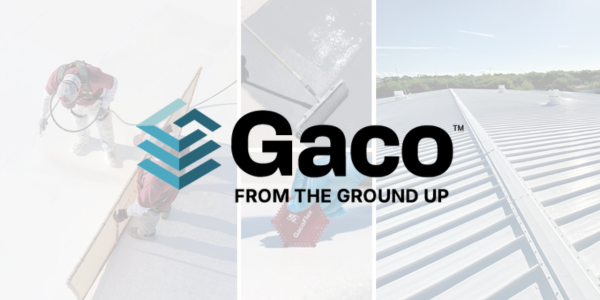Combining innovation with history

By Equipter.
How using the Equipter 4000 when roofing and remodeling historic buildings can help you strike a delicate balance of new and old.
Historic homes can be difficult projects, but they are also highly rewarding ones. These buildings maintain important architectural and cultural significance and getting to be a part of preserving part of your community is a priceless benefit. But there are many more considerations when beginning a project on one of them. For example, one must check local, state and national regulations. Many historic buildings have preservation regulations at some level of government that define which materials and changes can be made to a historic space. The experts here at Equipter have a few tips on how to balance updating the structural integrity of a building while abiding by regulations and maintaining their cultural value, and how the Equipter 4000 can help.
The first step to working on a historic home is researching the home’s original design, construction methods that were used when building it, any historical records relating to past renovations and getting an understanding of what materials were originally used. Ideally, renovations will aim to maintain the original elements as much as possible and avoid making changes that would detract from the home’s character. For roofing, this can mean selecting materials that are consistent with materials that would have been used during the home’s period. There is a balance of mimicking original techniques, such as traditional shingle joinery or hand cut pieces, while also providing some modern updates like improved weatherproofing and better ventilation.
Crews have to take the utmost care when remodeling sections of a historic home so as to not cause irreversible damage. Some common methods to protect historic homes during renovations include plastic sheet partitioning, dust containment barriers and negative air pressure systems, corner guards and padding when moving materials through a residence and protective coverings to shield sensitive areas. One benefit of using the Equipter 4000 on home remodeling jobs is the ability to use the Equipter to lift materials to a second story, eliminating the need to manually move materials through the first floor of a home and navigate around stairways. The Equipter 4000 can also be used to catch and capture debris from the second story, lower its box and move debris to a dumpster. This video of the Equipter on a remodeling job demonstrates how debris can be removed from an open window instead of disused materials being tracked through a home.
The Equipter 4000 was originally designed with roofers in mind and many of its features are relevant to working on historic home projects. The Equipter 4000 can lift shingles, tile, slate and other materials to the roof where crews can retrieve them. This can be especially useful for moving delicate or custom roofing materials. The self-propelled Equipter 4000 can be driven around properties and placed in exactly the right spot to ensure optimal debris containment and removal. The rollback feature on the Equipter 4000 allows the box to be positioned over gardens, bushes and other delicate landscaping features. The Equipter’s design and wide tires distribute weight to provide protection to homeowner’s lawns so that there are no ruts left after a job is completed, unlike wheelbarrows, dumpsters or other pieces of heavy equipment.
The Equipter 4000 is available to rent at over 400 rental locations across the United States and Canada. To find the location closest to you, please view our rental map.
Original article source: Equipter
Learn more about Equipter in their Coffee Shop Directory or visit www.equipter.com.






















Comments
Leave a Reply
Have an account? Login to leave a comment!
Sign In